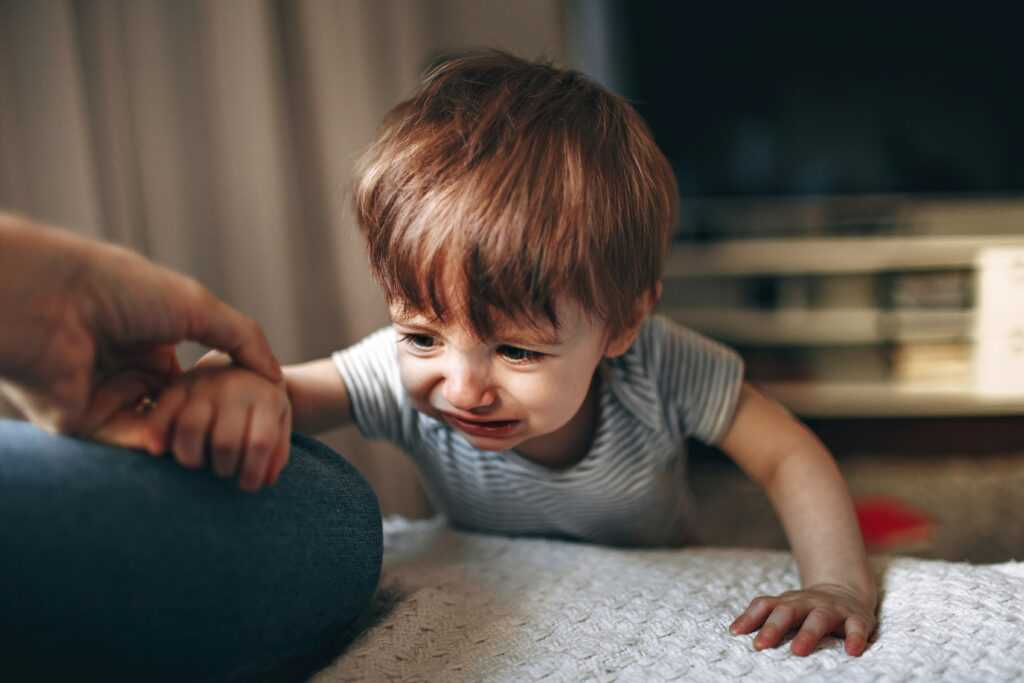As a passionate advocate for child development, I’ve always been intrigued by the profound impact music has on young minds. From lullabies soothing infants to rhythmic melodies fostering cognitive skills, the role of music in shaping a child’s growth is truly remarkable. In this article, I delve into the fascinating world of how music influences various aspects of a child’s development.
Music serves as a powerful tool for enhancing language acquisition, emotional expression, and social interactions in children. Whether through active participation in musical activities or passive exposure to melodies, the benefits of incorporating music into a child’s daily life are undeniable. Join me as we explore the intricate connection between music and child development, uncovering the transformative effects of this universal language on young learners.
The Significance of Music in Early Childhood
Exploring the profound impact of music on child development is essential, considering how melodies shape crucial aspects of a child’s growth and learning journey. Let’s delve into the intricate ways in which music molds cognitive development, emotional growth, and expressive capabilities in young minds.
Cognitive Development Through Melodies
I firmly believe that music serves as a powerful tool in enhancing cognitive functions in children. It’s fascinating to witness how exposure to music from an early age can significantly improve a child’s memory retention, attention span, and problem-solving skills. The rhythmic patterns and melodic structures present in music stimulate the brain, fostering neural connections that contribute to enhanced cognitive abilities. For instance, studies have shown that children who engage with music exhibit higher levels of spatial-temporal skills, which are crucial for mathematics and pattern recognition.
Emotional Growth and Expression
In my experience, music plays a pivotal role in nurturing emotional intelligence and facilitating expressive capabilities in young children. Through music, children can explore a range of emotions, from joy and excitement to sadness and contemplation. By engaging with different musical genres and styles, kids learn to identify and express their feelings in a safe and constructive manner. Moreover, music has the unique ability to evoke powerful emotions and memories, allowing children to develop a deeper understanding of themselves and the world around them. This emotional awareness cultivated through music can greatly enrich a child’s social interactions and overall well-being.
Music and Language Acquisition
Music plays a crucial role in child development, particularly in enhancing language acquisition.
- Enhancing Listening Skills and Verbal Proficiency
By engaging with music, children develop better listening skills and verbal proficiency. Singing along to songs and rhythmic patterns can improve their ability to distinguish sounds and enhance pronunciation. - The Relationship Between Rhythm and Speech Development
The rhythmic elements present in music have a direct impact on speech development in children. Experiencing different rhythmic patterns through music aids in language processing and speech production, fostering better communication skills.
Social Benefits of Musical Engagement
I believe that musical engagement in children offers numerous social benefits that are crucial for their overall development. Let’s explore how music plays a vital role in fostering cooperation, teamwork, and social interaction skills in young minds.
Building Cooperation and Teamwork in Group Settings
I’ve observed that engaging in musical activities in a group setting promotes cooperation and teamwork among children. Collaborating on a musical piece requires them to listen to each other, synchronize their actions, and contribute their part to create a harmonious performance. This collaborative effort instills a sense of unity and teaches children the importance of working together towards a common goal.
Music as a Tool for Social Interaction
In my experience, music serves as a powerful tool for social interaction among children. Sharing musical experiences, such as singing together, playing in a band, or dancing to a rhythm, fosters bonds and connections between them. Music transcends language barriers and enables children to connect on a deeper emotional level, fostering empathy, understanding, and communication skills. Through these shared musical experiences, children learn to express themselves, respect diverse perspectives, and develop meaningful relationships with their peers.
Physical Development and Music
Music plays a crucial role in supporting various aspects of a child’s physical development, including both fine and gross motor skills. Through rhythmic patterns and movements associated with music, children can enhance their coordination, balance, and overall motor skills.
Impact on Fine and Gross Motor Skills
Engaging with music activities that involve clapping, dancing, or playing instruments can significantly benefit a child’s fine and gross motor skills. For instance, playing simple percussion instruments like tambourines or drums can help improve hand-eye coordination and fine motor skills. Similarly, dancing to music helps children develop a sense of rhythm and promotes gross motor skills such as balance and agility.
Music Activities to Support Physical Health
Incorporating music into physical activities can be a fun way to promote physical health in children. Activities like musical chairs, freeze dance, or simply playing music during exercise routines can encourage kids to be active and enjoy movement. Music not only adds an element of enjoyment to physical activities but also motivates children to stay active and maintain a healthy lifestyle.



